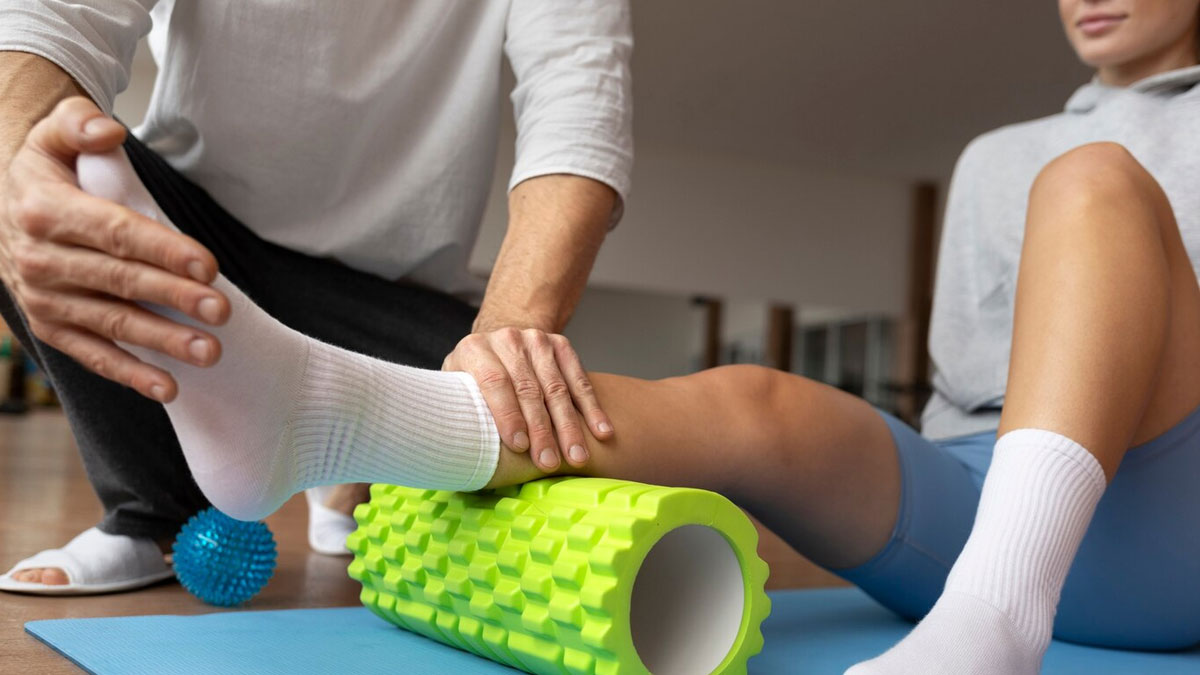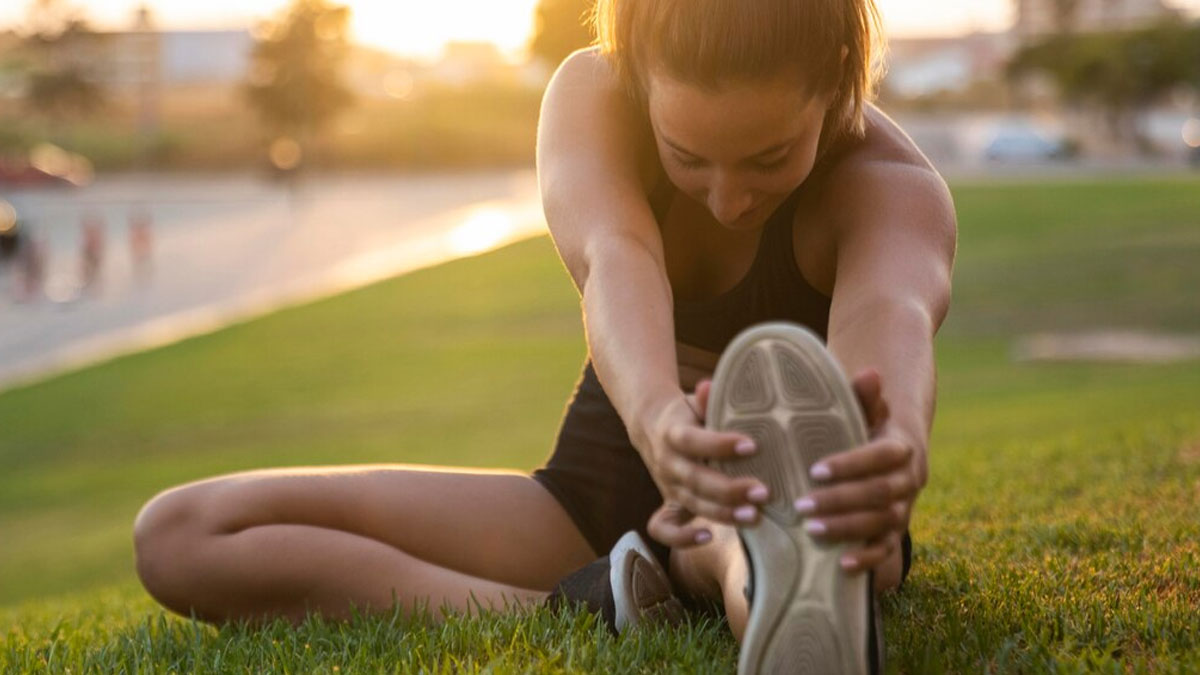In recent years, CBD (Cannabidiol) has gained immense popularity, not just as a wellness supplement, but as a potential game-changer in the realm of sports medicine. Athletes, trainers, and medical professionals are increasingly exploring the benefits of CBD to enhance performance, manage pain, and accelerate recovery. But what exactly is CBD, and how is it revolutionizing sports medicine? In this article, we will delve into the benefits, scientific evidence, and practical applications of CBD for athletes, shedding light on its growing role in the world of sports.
Understanding CBD
CBD, or Cannabidiol, is a naturally occurring compound found in the cannabis plant. Unlike THC (tetrahydrocannabinol), another well-known compound from the same plant, CBD is non-psychoactive, meaning it doesn’t produce the “high” associated with marijuana. This makes CBD an appealing option for those seeking relief from pain and other symptoms without the mind-altering effects of cannabis or certain pharmaceutical drugs.
CBD works by interacting with the body’s endocannabinoid system (ECS), a complex cell-signaling system that plays a crucial role in regulating a range of functions and processes, including sleep, mood, appetite, memory, and pain. The ECS is composed of endocannabinoids, receptors, and enzymes. CBD influences the activity of these components, potentially promoting balance and homeostasis within the body.
The Benefits of CBD for Athletes
Pain Management
One of the primary reasons athletes are turning to CBD is its potential for pain relief. Traditional pain management methods, such as opioids and NSAIDs (nonsteroidal anti-inflammatory drugs), often come with a range of side effects and risks. CBD, on the other hand, offers a natural alternative with a promising safety profile. It works by interacting with the ECS to modulate pain signals and reduce inflammation.
Anecdotal evidence from athletes suggests significant pain relief from using CBD. Moreover, clinical studies are beginning to support these claims. For instance, a study published in the European Journal of Pain demonstrated that CBD applied on the skin could help lower pain and inflammation due to arthritis. While more research is needed, the current findings are encouraging.
Inflammation Reduction
Inflammation is a common issue for athletes, whether from intense workouts or injuries. CBD’s anti-inflammatory properties can help reduce the inflammation that causes pain and hampers recovery. Athletes from various sports have reported reduced swelling and quicker recovery times when using CBD products.
In one case, an MMA fighter shared how applying CBD cream to bruised and sore areas significantly reduced inflammation and pain, allowing him to return to training faster. Such testimonials are becoming more common, adding to the body of evidence supporting CBD’s role in sports medicine.
Recovery and Muscle Relaxation
Recovery is a crucial aspect of an athlete’s regimen. Faster recovery times mean more effective training and improved performance. CBD can aid recovery by promoting muscle relaxation and improving sleep quality, both essential for muscle repair and overall recovery.
CBD’s potential to enhance sleep is particularly beneficial. Good sleep is vital for athletes as it allows the body to repair and build muscle tissue. Research indicates that CBD may help improve sleep by addressing issues like anxiety and pain that disrupt rest. Athletes who use CBD report not only better sleep but also feeling more refreshed and ready for their next training session.
Scientific Evidence and Studies
The growing interest in CBD’s benefits has spurred a significant amount of research. Numerous studies are being conducted to understand how CBD works and its potential applications in sports medicine. A review published in the Frontiers in Neurology journal highlighted CBD’s potential benefits for pain relief, inflammation reduction, and improving sleep—key areas of interest for athletes.
However, it’s important to note that while the current research is promising, it is still in its early stages. More large-scale, long-term studies are needed to fully understand the mechanisms through which CBD operates and to establish standardized guidelines for its use.
Practical Applications in Sports Medicine
Forms of CBD Available for Athletes
CBD comes in various forms, each with its own set of advantages. These include oils, tinctures, capsules, edibles, creams, and balms. Athletes can choose a form based on their specific needs and preferences.
- Oils and Tinctures: CBD oil tinctures are taken sublingually (under the tongue) for quick absorption into the bloodstream.
- Capsules and Edibles: These offer a convenient way to consume CBD, with effects that take longer to set in but last longer.
- Topicals (Creams and Balms): These are applied directly to the skin, targeting localized pain and inflammation.
- Inhalable (Vapes): CBD vapes provide rapid relief through inhalation, but may not be suitable for all athletes, especially those concerned about lung health.
Dosage and Usage Guidelines
Determining the right dosage of CBD can be tricky as it varies based on factors like body weight, metabolism, and the specific condition being treated. It’s generally recommended to start with a low dose and gradually increase until the desired effects are achieved. Athletes should also consider the timing and frequency of their CBD use, tailoring it to their training and competition schedules.
Legal and Ethical Considerations
While CBD is legal in many places, athletes must navigate the regulations specific to their sport. The World Anti-Doping Agency (WADA) removed CBD from its list of banned substances in 2018, but other cannabinoids, including THC, are still prohibited. Athletes should ensure their CBD products are THC-free to avoid potential disqualification and legal issues.
Case Studies and Testimonials
Numerous athletes have shared their positive experiences with CBD, lending credence to its benefits. For instance, NFL players like Rob Gronkowski have publicly advocated for CBD use, citing its effectiveness in managing pain and aiding recovery. Similarly, UFC fighters and Olympic athletes have reported enhanced recovery and reduced reliance on painkillers thanks to CBD.
These testimonials not only highlight CBD’s potential but also encourage other athletes to explore its benefits, contributing to a growing acceptance of CBD in sports communities.
Potential Risks and Side Effects
While CBD is generally considered safe, it is not without potential side effects. Common side effects include dry mouth, drowsiness, and changes in appetite. More severe reactions are rare but can occur, especially if high doses are taken or if the CBD product is contaminated with other substances.
Long-term safety data on CBD is still limited, so athletes should proceed with caution. Consulting with a healthcare professional before starting CBD is crucial, especially for those with underlying health conditions or those taking other medications.
Conclusion
CBD is emerging as a valuable tool in sports medicine, offering potential benefits in pain management, inflammation reduction, and recovery enhancement. While scientific research is still catching up, the anecdotal evidence from athletes is compelling. As acceptance and understanding of CBD grow, it is likely to become a staple in the athletic community.
For athletes considering CBD, the key is to stay informed, start with low doses, and consult healthcare professionals to ensure safe and effective use. The future of CBD in sports medicine looks promising, and with continued research and responsible usage, it could redefine how athletes manage their health and performance.
Take your recovery to a higher level of healing and wellness. Shop online with confidence at CBDMagic for Canada’s best CBD oil today.


